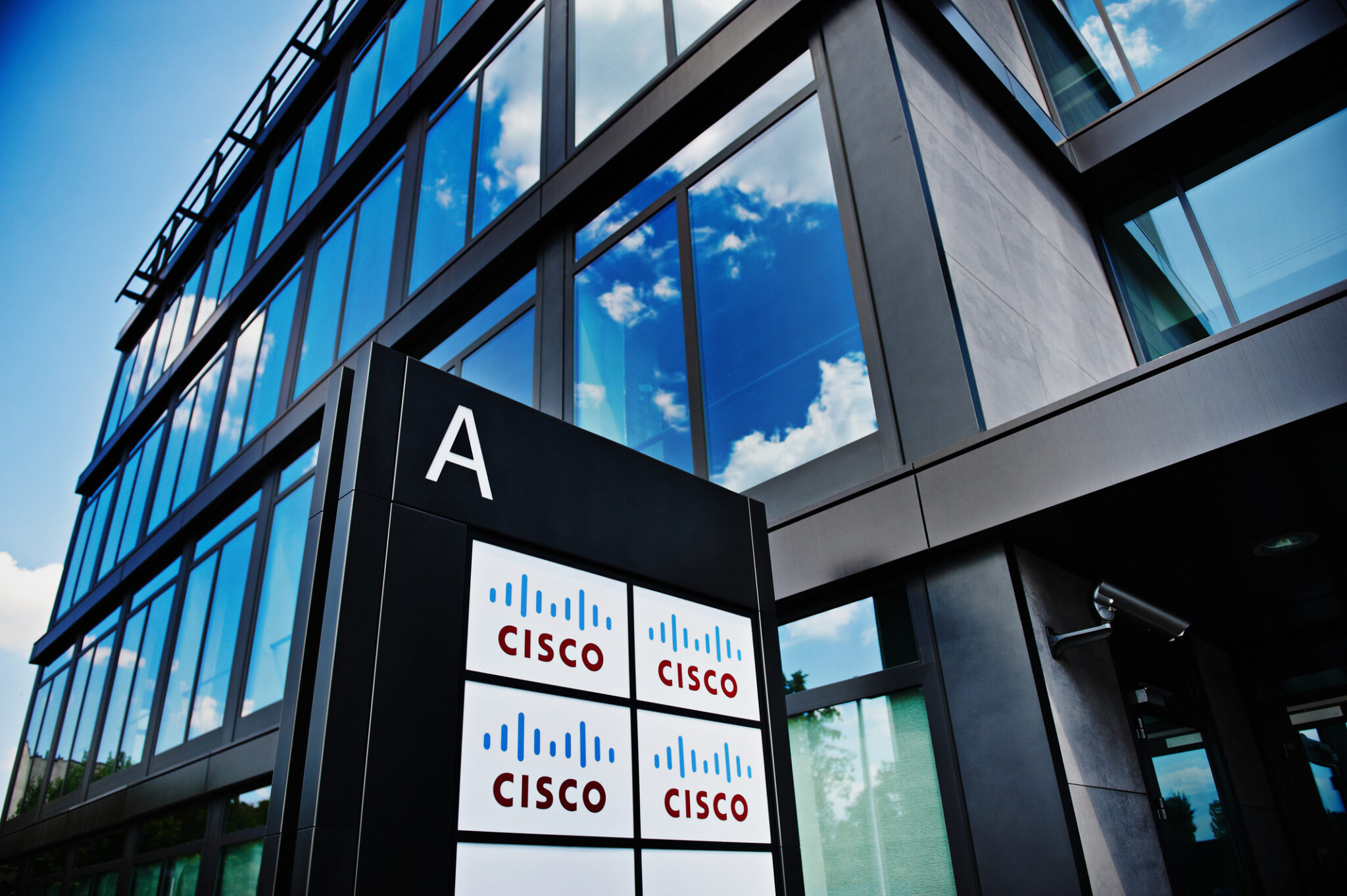At the centre of a high-profile investigation in Singapore were advanced servers supplied by US companies – Dell Technologies and Super Micro Computer – that may have contained Nvidia chips banned for export. The case sheds new light on the growing tensions around AI technology export controls and international trade loopholes.
Singaporean authorities have arrested three men, including a Chinese national, in connection with fraud and suspected illegal export of servers containing restricted components. The servers were allegedly given to companies in Singapore and then shipped to Malaysia. Investigators are looking into whether China may have been the final destination.
According to authorities, the equipment may have contained Nvidia chips, which may be in violation of US export regulations. Singapore has begun working with the US government, which has been sealing controls for months, to restrict China’s access to advanced semiconductors used to train artificial intelligence systems.
The trail leads to DeepSeek, a Chinese AI startup that gained notoriety in January with a model to match its Western competitors. There have been unofficial reports suggesting that the company may have obtained up to 50,000 Nvidia’s A100 and H100 series chips – which are banned from export to China – although the company maintains that it only used legally sourced H800 chips.
The unclear role of intermediaries and logistics hubs such as Singapore in the global supply chain for advanced hardware raises questions about the effectiveness of current regulations. Singapore alone accounted for 18% of Nvidia’s revenue in the past fiscal year, but physical shipments to the country accounted for less than 2% of revenue – indicating that the city-state acts as a hub for invoicing and redistribution.
Both Dell and Super Micro declare that they comply with US export laws and are prepared to respond to customer violations. In both cases, investigations are ongoing.
The case is part of a broader trend of increasing surveillance of high-tech flows, particularly in the context of US-China tensions. On the one hand, we have export restrictions, on the other, sophisticated attempts to circumvent them. As a result, centres such as Singapore are becoming the intersection of eastern and western technological interests.
Whether the investigation leads to concrete consequences for technology companies will depend on the evidence – and the willingness of authorities on both sides of the Pacific to enforce their laws in the era of the chip war.












